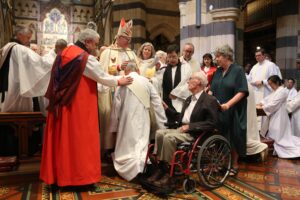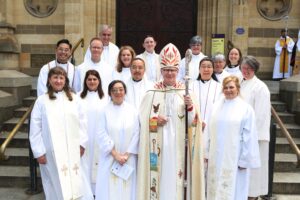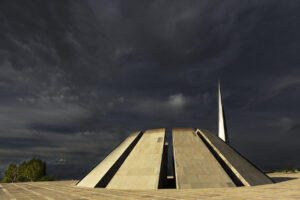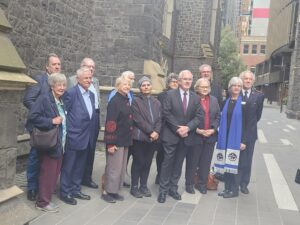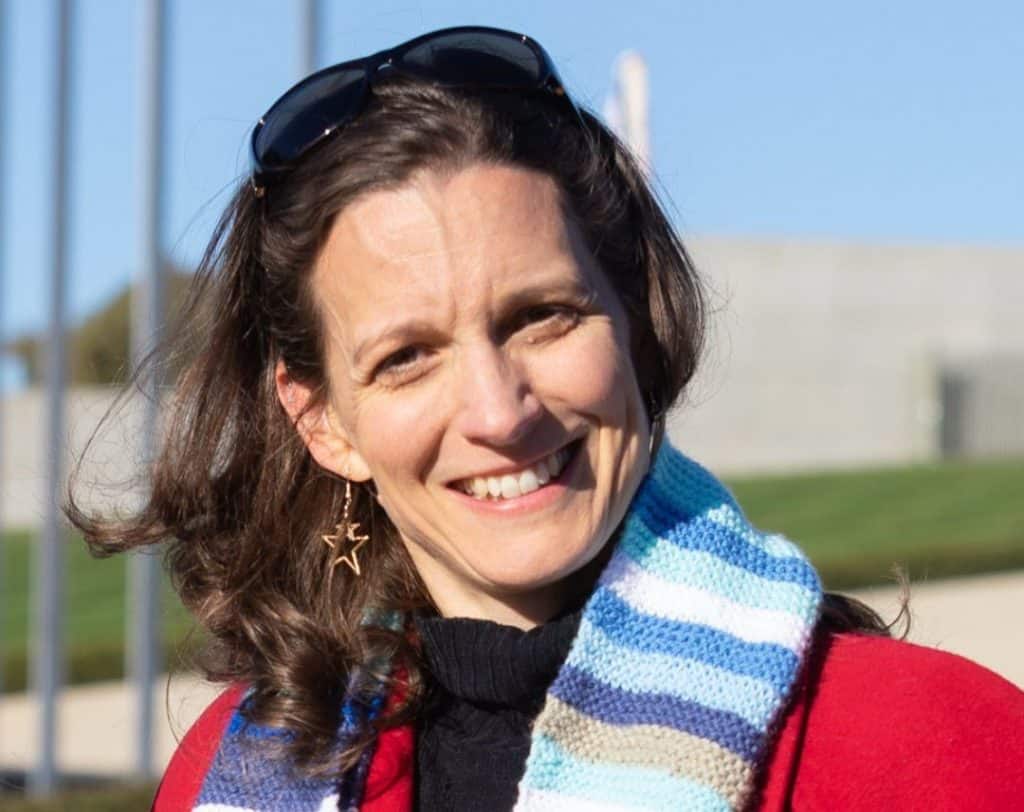
Jenan Taylor
27 October 2022
Christians can inspire significant Australian action and contribute to a more just world at the upcoming United Nations climate summit, faith delegates say.
Representatives say Australia has come a long way in its attitude to climate action in the last 12 months, but a combined effort is needed to execute the pledges and policies critical to effective change.
Set to attend COP27 as a member of a world religious leaders’ group, Centre for Ecumenical Studies director Bishop Philip Huggins said the current federal government had helped provide the missing impetus that was necessary for the country to act decisively on climate.
He said there had been a lot of good, intelligent work by local and state governments, the private sector and NGOs, and now the current federal government in responding to the climate emergency.
But Bishop Huggins said it was necessary for Australia to integrate all those efforts and take rapid action to help mitigate climate change, and grasp the chance to be a renewable economy.
The COP27 summit will take place in Egypt in November under the theme “Together for Implementation”.
It relates to the agreements reached in the historic Paris Accord, a global treaty on targets to reduce emissions and help poorer nations manage the effects of climate change.
Read more: Faith-based activists push for climate justice
Common Grace creation and climate justice coordinator Jane Kelly said the message she was hearing ahead of the summit was that the window to implement changes was narrow.
There was only this decade to turn things around, she said.
Ms Kelly who will be attending as a member of the Christian Climate Observers Program said many Christian delegates went to the summit so that they could take what they learned at the meeting back to their communities, and further mobilise support for climate action.
She said she believed that it was only through working together that communities could achieve action on climate change, and climate justice for the most vulnerable.
The last 12 months of floods, fires and unprecedented heat waves had brought home to the Australian and international community that no one was immune to the effects of climate change, Ms Kelly said.
She said to help address those effects there needed to be consensus among many diverse populations around the world, but that there was hope because of Christianity.
“As Christians, we know what it is to come together and be unified even in our differences, and we understand that through that diversity, we can bring so much more to the table,” Ms Kelly said.
She said the Christian approach was also to appreciate that as Australia’s Indigenous people were placed here by God first, they had an intrinsic and innate understanding of their own lands.
“If we’re going to understand how to mitigate and adapt to climate change we need to be having conversations with those who have been here for tens of thousands of years. So, we need to make sure that justice for our Aboriginal and Torres Strait Islander leaders is being upheld, and that their concerns about their lands are being listened to,” Ms Kelly said.
She said there were both economic, and from a Christian perspective, moral opportunities for Australia at the summit, Ms Kelly said.
“We can really be great leaders in this space and be speaking up for our Pacific Island nation neighbours and our Aboriginal and Torres Strait Islander brothers and sisters to say, ‘This is unjust and we need to rectify what we’re doing here’,” she said.
“We can actually use this summit as an opportunity to become a more just nation.”
Read more: Christians together lobby for climate justice
But Bishop Huggins said that there would be hurdles to getting the Paris Agreement implemented.
These related to serious challenges to established mechanisms, like the carbon market, and largely to the war in Ukraine.
“At just the time we need international cooperation, that kind of destructiveness of national boundaries and of lives and infrastructure, makes the context less favourable,” he said.
He said also said the nations that had pledged money to help poorer countries under the Paris Accord still had to find the money. That would be the work of the negotiators.
However Bishop Huggins said that meditation and prayer actions would help bring a sense of community to the summit and help efforts to work together prevail.
He said a prayer and meditation program had started at COP25 in Madrid, after diplomats and negotiators had reported that the summits usually took place in a culture that was adversarial and untrusting.
He said the program had continued since then, and that negotiators reported feeling uplifted and supported to do purposeful work.
For more faith news, follow The Melbourne Anglican on Facebook, Twitter, or subscribe to our weekly emails.

